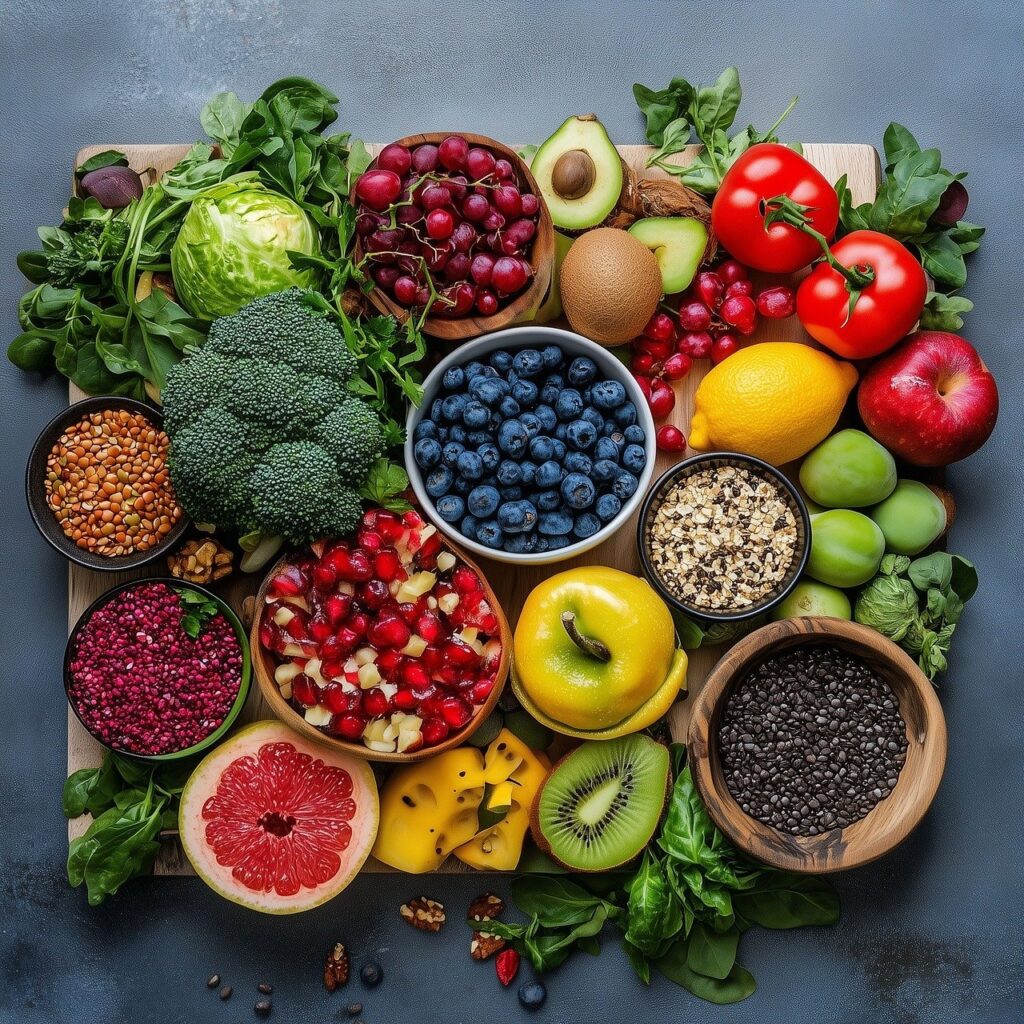Intermittent fasting (IF) is like the cool, mysterious friend in the world of dieting. It doesn’t ask you to count calories obsessively, swear off your favorite foods, or spend hours meal prepping. Instead, it’s all about when you eat rather than what you eat. And the best part? Doctors, nutritionists, and researchers are quietly giving it their nod of approval.
So, what’s the big deal? Unlike fad diets that come and go, intermittent fasting has roots in human history. Our ancestors weren’t eating three square meals a day with snacks in between. They ate when they could find food, meaning their bodies had plenty of time to rest, repair, and—here’s the exciting part—burn fat. Fast forward to today, and we’re rediscovering the power of this natural eating cycle.
The basic idea of IF is simple: you alternate between periods of eating and fasting. The most popular methods include the 16/8 method (fasting for 16 hours and eating within an 8-hour window) and the 5:2 approach (eating normally five days a week and significantly reducing calories on two days). Sounds intense? It’s really not! Once your body adjusts, you’ll likely feel more energized, focused, and even see those stubborn pounds melt away.
Science backs it up, too. Studies show that intermittent fasting can improve metabolism, lower insulin levels, and enhance brain function. Some research even suggests that it may contribute to longevity and a reduced risk of chronic diseases like diabetes and heart disease. No wonder doctors are recommending it, even if they’re not shouting it from the rooftops.
But let’s get real—fasting sounds like a one-way ticket to hunger city, right? Surprisingly, many IF followers say the opposite happens. After an initial adjustment period, cravings decrease, energy levels stabilize, and that constant need to snack fades. When your body isn’t busy digesting all the time, it starts using stored fat for fuel. Translation? You’re burning fat while giving your digestive system a break.
Of course, intermittent fasting isn’t a free pass to binge on junk food during eating windows. What you eat still matters! Whole, nutrient-dense foods like lean proteins, healthy fats, fruits, and veggies will make the experience much smoother. And hydration is key—water, black coffee, and herbal teas can be your best friends during fasting hours.
Now, IF isn’t for everyone. If you have certain medical conditions, a history of disordered eating, or are pregnant, it’s best to check with a healthcare professional before jumping in. But for many, it’s a sustainable, flexible, and scientifically backed way to improve overall health without the usual dieting drama.
So, if you’ve been looking for a way to reset your eating habits, boost your metabolism, and maybe even gain a little mental clarity along the way, intermittent fasting might just be the secret weapon your doctor wants you to try—just without the hype and gimmicks. Why not give it a shot and see how your body responds? You might just find that a little time away from food makes it even more enjoyable when you eat!
Top Weight Loss Programs

Remedy Meds

Medvi

Hims

ShedRX









